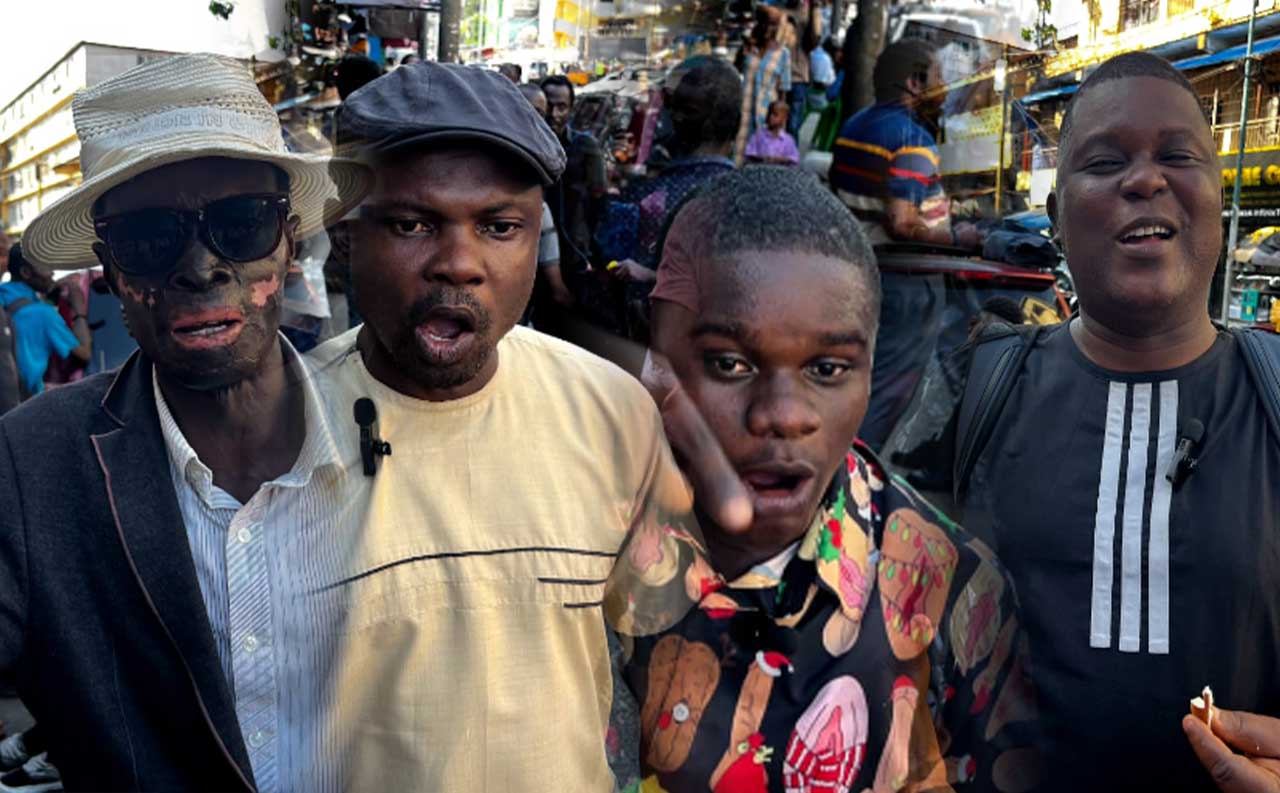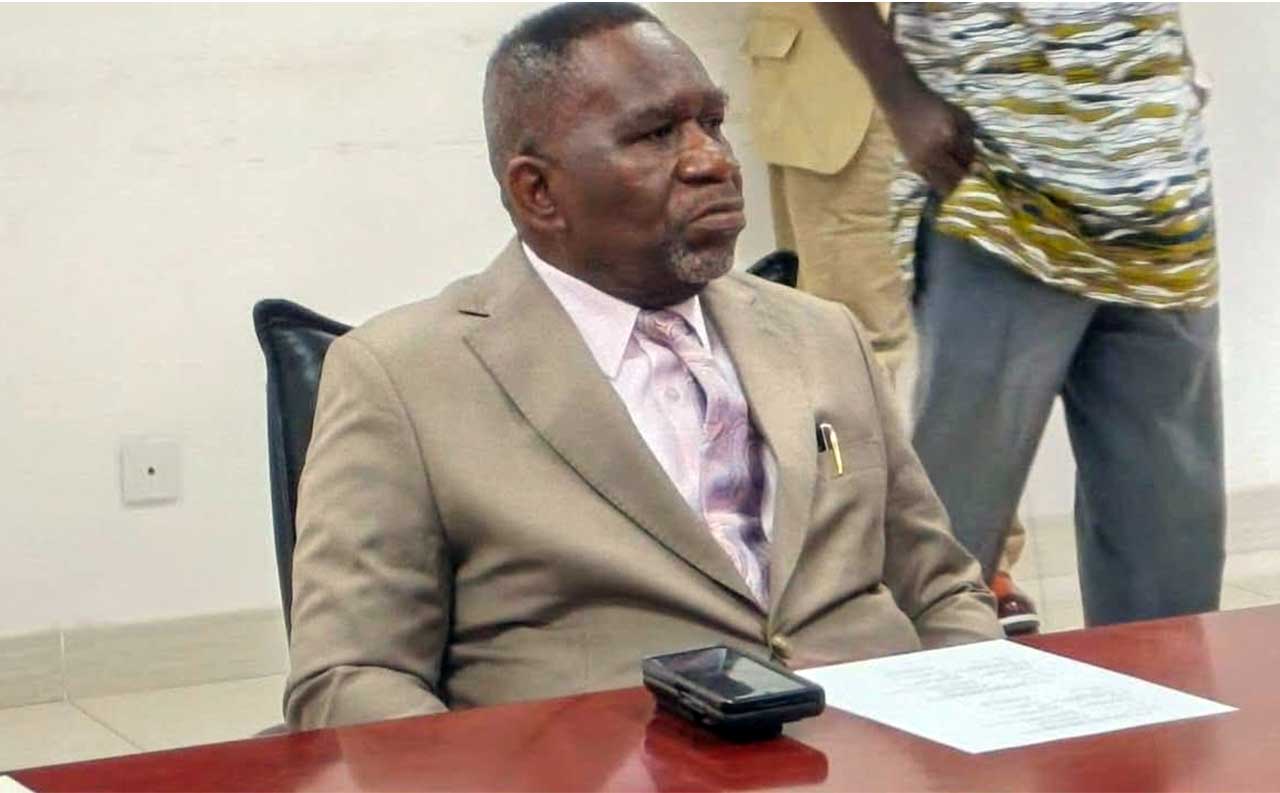The draft of a US$1.2 billion budget has been met with skepticism and anger among Liberians, particularly at the Center for the Exchange of Intellectual Opinions (CEIO), one of the country’s public debate grounds.
Citizens speaking to reporters in a street interview in Monrovia on November 12, 2025, accused both the Executive and Legislature of being out of touch with the suffering population. They criticized the 1.2 billion budget, stating that the figures announced by the government are disconnected from the harsh realities faced by ordinary citizens.
They noted that while the budget is substantial, the appropriations do not reflect the bread-and-butter issues in the country. Human rights advocate, Achie Ponpon, praised the increase in the country’s budget to 1.2 billion dollars for the first time in history. However, he believes that it is intended to benefit government officials and their families, not the people of Liberia.
He said only 23% of the money is directed to the Public Sector Investment Program, while the vast majority goes towards recurrent expenditure. Musa Konneh, another Liberian, expressed disappointment and described the draft budget as a “cosmetic show of progress,” arguing that it favors the three branches of government rather than addressing the pressing needs of citizens.
“The Boakai administration came with the slogan of Rescue Mission, but what kind of rescue is this when ordinary Liberians can’t feel any change?” He questioned the seriousness of President Boakai in improving the agriculture sector and wondered, “What is the importance of increasing the budget when it cannot be seen in the living conditions of the people?”
The draft national budget was formally submitted to the Liberian Legislature by Finance and Development Planning Minister, Augustine Kpehe Ngafuan, on behalf of President Joseph Nyuma Boakai. The budget covers the fiscal period from January 1 to December 31, 2026. The government projects US$1.13 billion in domestic revenue, representing 94 percent, while external resources are estimated at US$72 million, or about 6 percent.
The breakdown of the domestic revenue projection includes US$726.97 million from taxes, US$83.92 million from non-tax sources, a US$200 million sign-on bonus from a major concession agreement, and US$28 million in contingent revenue.
According to the Ministry of Finance, the 2026 draft budget is built around the ARREST Agenda for Inclusive Development (AAID), the Boakai administration’s flagship framework aimed at promoting infrastructure, reform, and social inclusion. Approximately US$280 million is allocated for the Public Sector Investment Plan (PSIP), targeting roads, education, sanitation, tourism, and the rule of law.
According to them, House Speaker Richard Koon, President Boakai, Deputy Speaker Thomas Fallah, and Senate Pro Tempore Nyonblee Karnga-Lawrence are the ones benefiting from what they call “a budget that lacks the people’s interest.” They insist that the document be re-examined to ensure fair allocations to education, healthcare, and agriculture.



